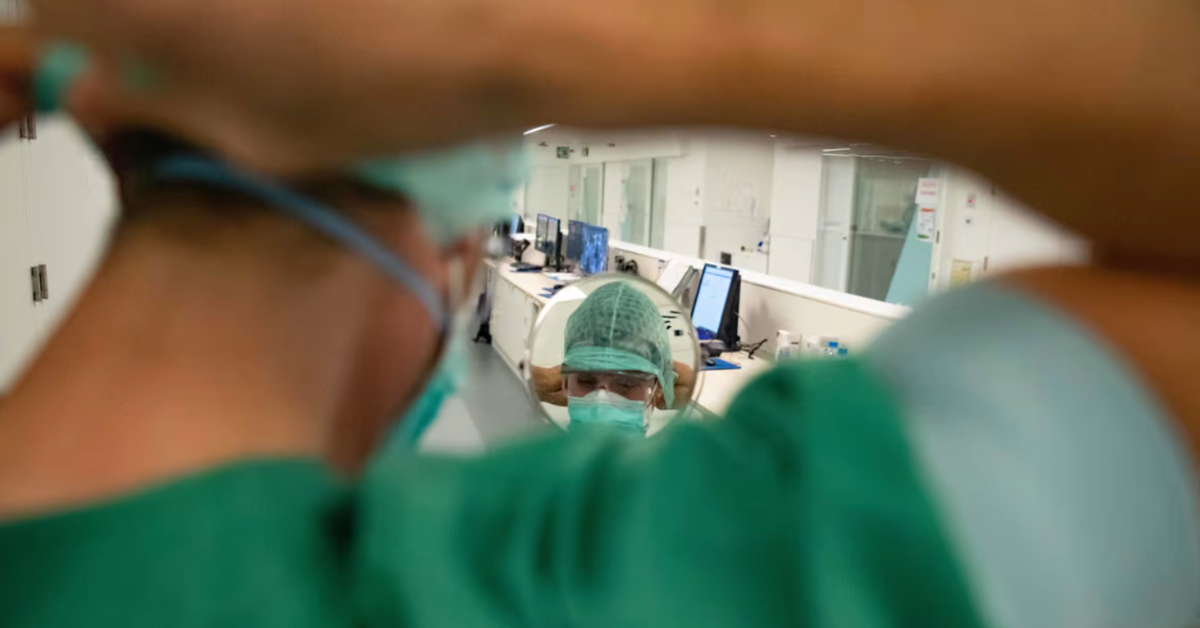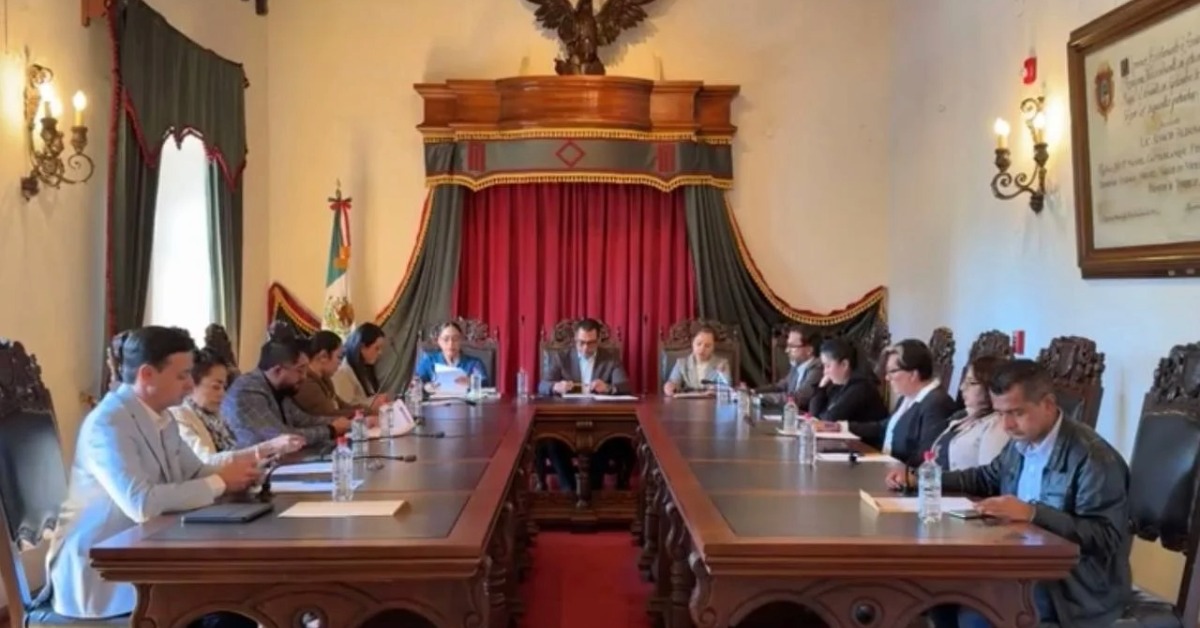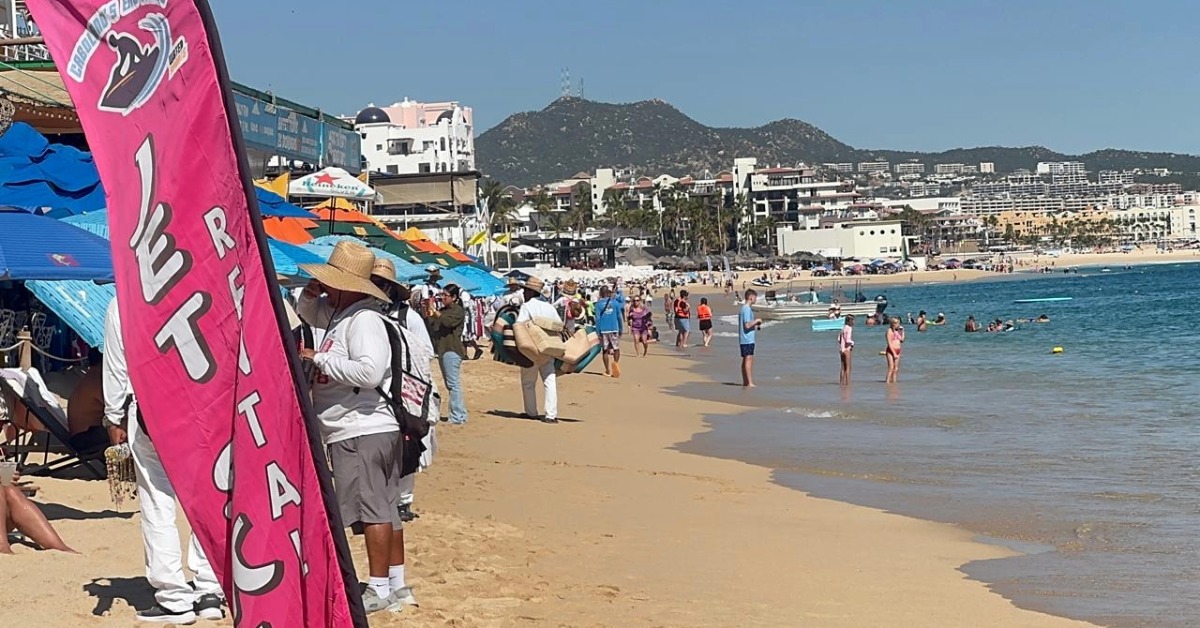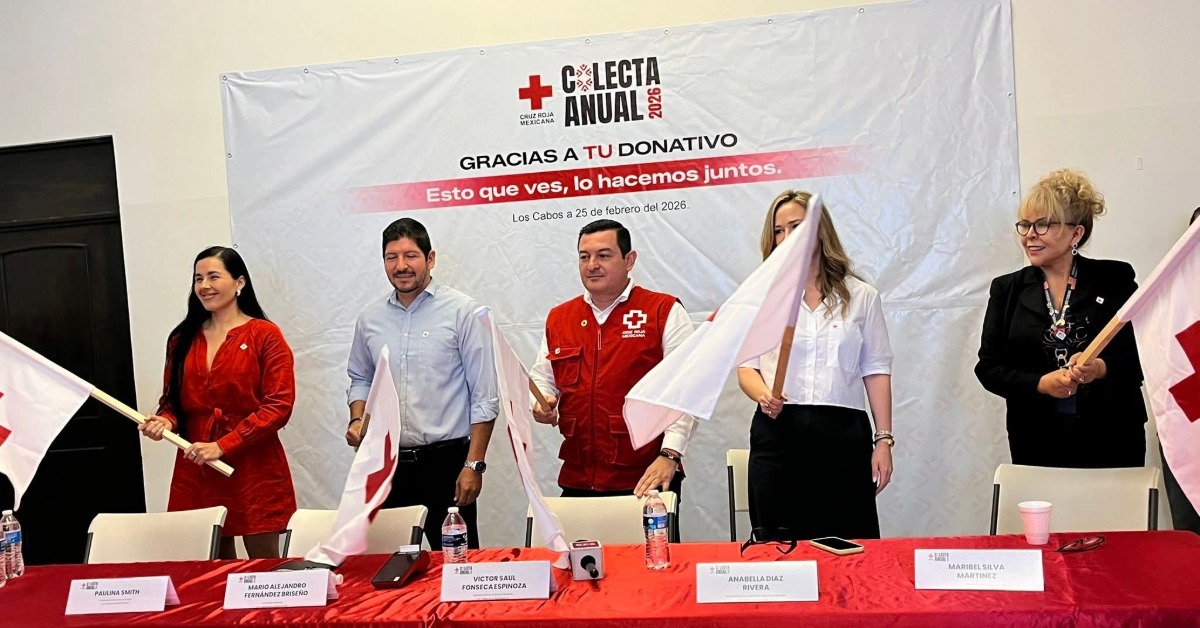Groups of men from the LGBT community in Latin America are preparing a statement to the authorities, claiming that sufficient actions have not been implemented to prevent monkeypox while infections continue to increase in homosexual and bisexual men, mainly.
During the Conference on Health, Human Rights and Care for Gay Men in Latin America and the Caribbean, held between August 29 and 31, leaders of different groups of the LGBT community, with the support of the Organization of the United Nations (UN) through UNAIDS and the Pan American Health Organization (PAHO), decided to prepare the Mexico Declaration . . .






